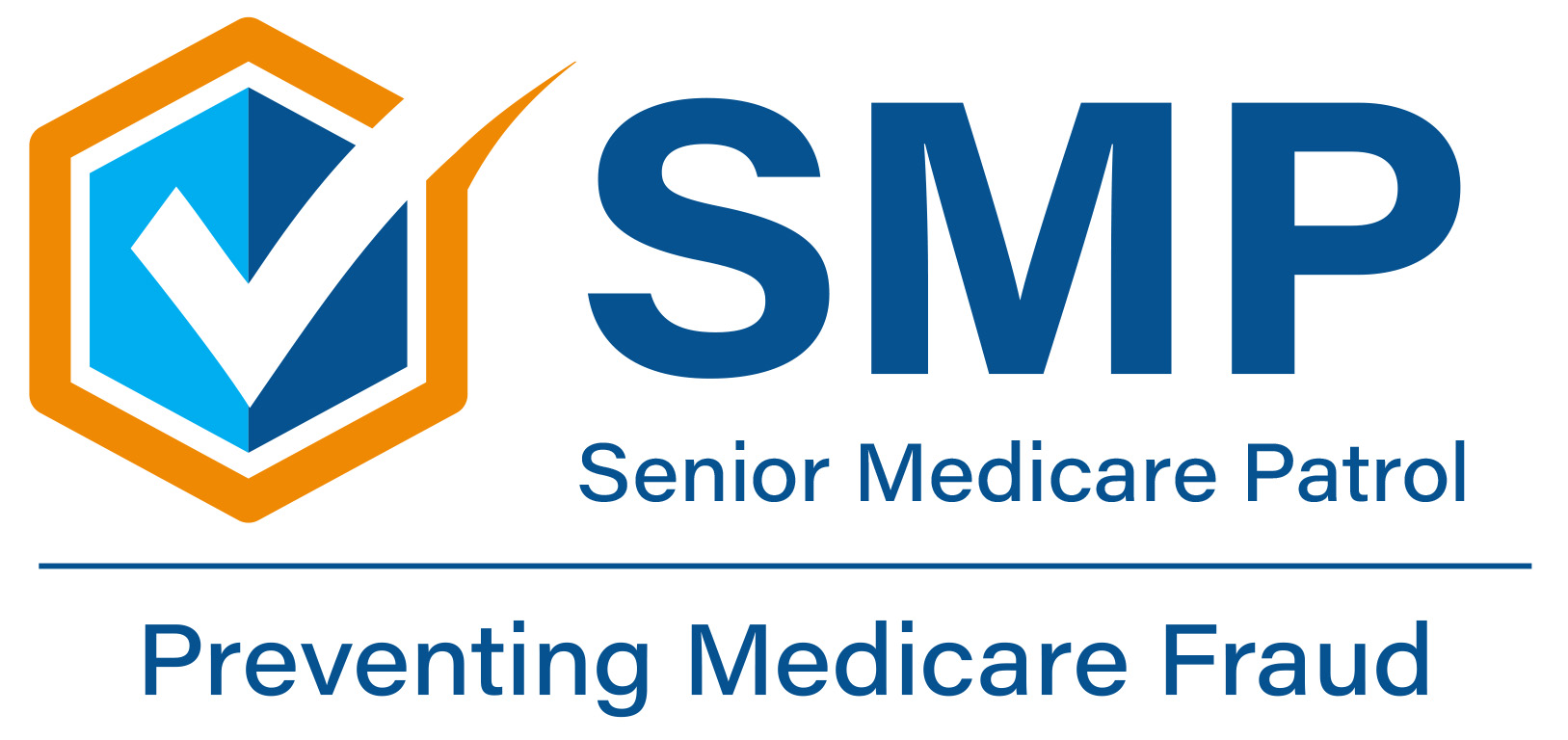
The SMP program offers volunteers an opportunity to make an important difference in their communities. Volunteers take pride in working to ensure that the Medicare program will be protected for future generations.
The Importance of SMP Volunteers
Health and Human Services (HHS) Secretary Kathleen Sebelius spoke to SMPs at the August 2011 national SMP conference and she had this to say about the role of SMP volunteers:
“…We know that one of the most effective and direct steps we can take to improve Medicare’s long-term health is ridding the program of waste, fraud, and abuse. And for the last 14 years, the Senior Medicare Patrol has been on the front lines of that fight. No one feels more strongly about keeping criminals out of Medicare than seniors themselves. When someone defrauds Medicare, it means higher premiums and co-pays for beneficiaries. It also threatens the program that they have worked so hard for – and that they want to make sure is there for their children and grandchildren.”
What SMP Volunteers Do
SMP projects match a volunteer’s skills and interests to the needs of the program. As a result, SMP volunteers may serve Medicare beneficiaries, their families, and caregivers in many creative ways. However, there are six types of activities most commonly conducted by SMP volunteers nationwide:
- Assist with administration: Help with work such as copying, filing, data entry, and placing outbound phone calls in support of SMP activity
- Distribute information: Help with transporting and disseminating SMP information materials to sites and events; may include presenting prepared copy or performing scripted activities for small groups
- Staff exhibits: Help by staffing information kiosks or exhibits at events such as health fairs; also may provide general information about SMP to the public and answer basic questions
- Make group presentations: Help by giving presentations on SMP topics to small and large groups; may interact with the audience by answering questions and through discussion
- Counsel: Help by having direct conversations with beneficiaries about their individual situations; may include review of personal information such as Medicare Summary Notices, billing statements, and other related financial and health documents
- Manage complex interactions: Help with in-depth interactions with beneficiaries who are reporting specific instances of health care fraud, errors, and abuse; may act on behalf of a beneficiary to correct an error or refer suspected fraud and abuse to the appropriate authorities
